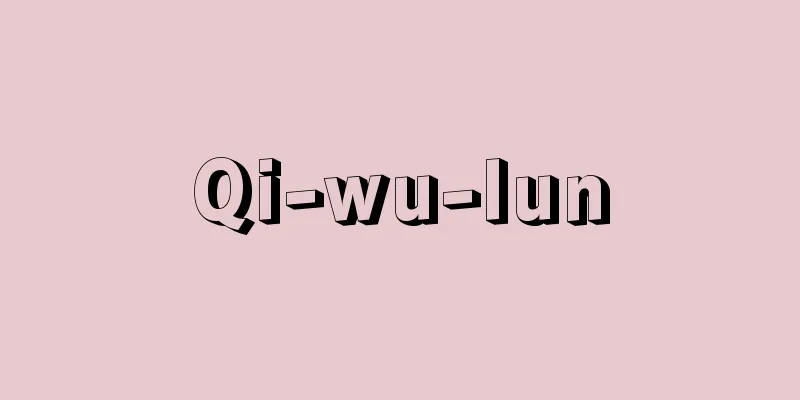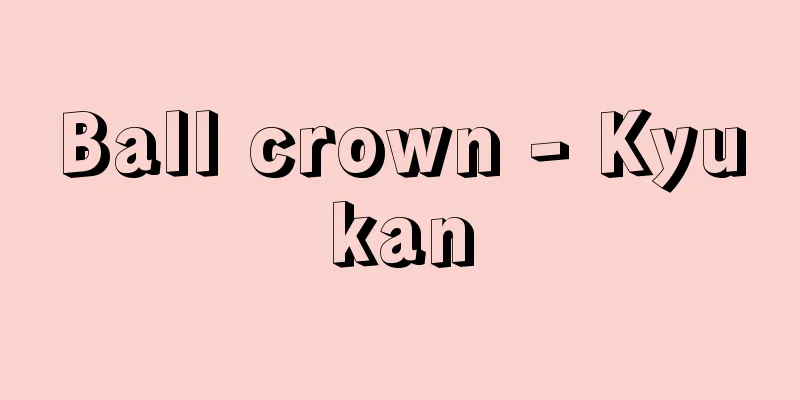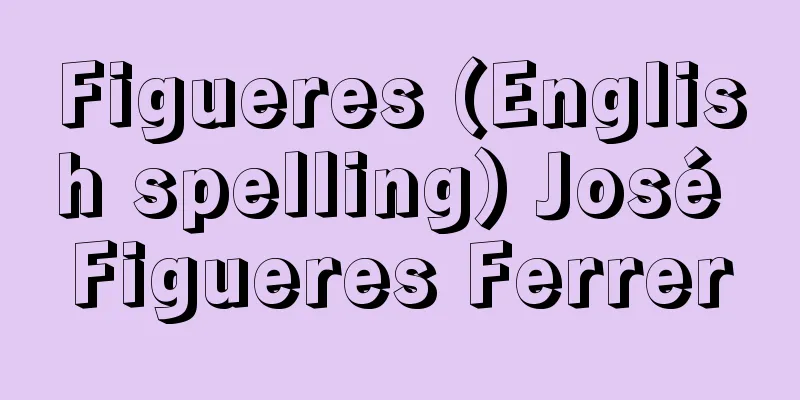Qi-wu-lun

|
The second volume of the Chinese classic Zhuangzi. There are theories that the title of this volume means to unify the various theories of various philosophers, or to base things on a single source. It argues that human perception is false and relative, and that through negative speculation, one can reach the state of nothingness and achieve absolute, monistic perception. It was the most elaborate treatise of the ancient period. It is believed to have been originally written by Zhuang Zhou. Source: Encyclopaedia Britannica Concise Encyclopedia About Encyclopaedia Britannica Concise Encyclopedia Information |
|
中国の古典『荘子』の第2編。この編名については,諸子のさまざまな論を帰一させるという意,物を一源に基づかせるという意などと解する説がある。人間の認識は虚妄,相対的であるから,否定的思弁によって,無の境地にいたって絶対的,一元的認識があることを説いている。古代では,最も精緻な論であった。荘周の原作であろうと推定されている。
出典 ブリタニカ国際大百科事典 小項目事典ブリタニカ国際大百科事典 小項目事典について 情報 |
Recommend
Mihai Viteazul (English spelling)
1558‐1601 Prince of Wallachia (reigned 1593-1601),...
Revaluation of assets
The act of revaluing the acquisition cost of an a...
Molten Salt Reactor - Yoyuenro
A nuclear reactor that extracts heat by circulatin...
Chronicles of the Regent of Shinshin-in
Also known as Shinshin'in Motohira Koki, this ...
Ionization gauge
…In high vacuum regions, the common method is to ...
Saint-Tropez (English spelling)
A city in the Var department in southern France on...
Kitamura Garden
...A researcher of historical fact in the late Ed...
Pig iron - Sen-tetsu (English spelling)
High-carbon iron made in a blast furnace. The pro...
The Tale of the Great Priest Kaito
A book that collects biographies of high priests i...
agitating-point
…An abbreviation of the English word agitating po...
Dolphy - Eric Allan Dolphy
American jazz alto saxophonist, bass clarinetist,...
Galaecia - Galaecia
...Population: 65,008 (1981). At the end of the 3...
Certificate - Shomon
〘 noun 〙① A document to be used as evidence for fu...
Nishizu-so
A manor in Onyu County, Wakasa Province. It was ce...
Hydrometeorology - Suimonkisho
Also known as hydrometeorology. A branch of applie...








![Watari [town] - Watari](/upload/images/67cd42b02248a.webp)
